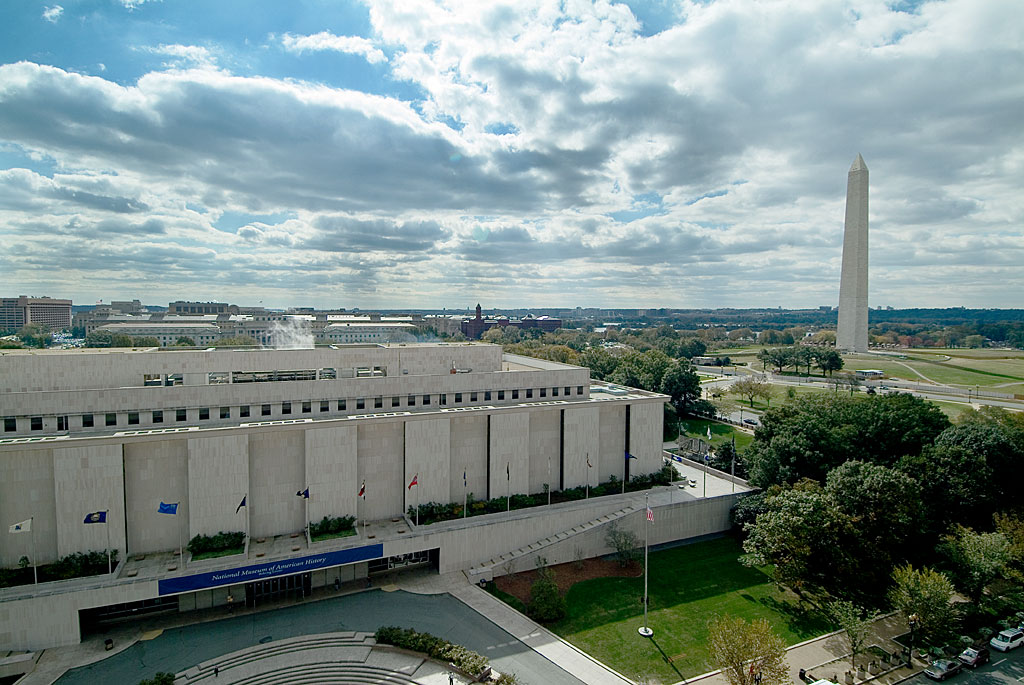

I think conferences are deeply affected by the spirit of their host city. San Francisco has its hackers and dreamers, Boston has its entrepreneurs and ivy, Paris has its pomp and worldliness. At Health 2.0 DC yesterday, my city showed that it has passion and execution — at scale.
Leave it to others to point out this city’s shortcomings. The Washington, DC, I know draws in the best & brightest, engages in debate, and gets things done.
Tim O’Reilly recently said that within the federal government he has found “an intense passion among people trying to make change.” Todd Park, CTO of HHS, expanded on that theme yesterday as he described his federal co-workers as just as smart, just as creative, and just as entrepreneurial as anyone he worked with in the business world.
We didn’t need to look much further than David Hale and his presentation of Pillbox, a partnership between the National Library of Medicine and the Food and Drug Administration.
I caught his act at the Gov 2.0 Expo (see his slides from that event) but this presentation was even sharper:
1) Identify a need: Poison Control Centers receive 1.1 million calls about pill identification each year, at a cost of $50 a pop.
2) Gather a team: pharmacists, regulatory experts, computer scientists, database administrators.
3) Open up: you/your agency are the content experts; citizens are the context experts.
4) Get out of the way: drive traffic to your data, not your website.
Indu Subaiya moderated the next panel, which I can only describe as extraordinary: an extraordinary cancer patient-researcher-activist (Josh Sommer) + an extraordinary cancer drug developer-philanthropist-innovator (Patrick Soon-Shiong) + an extraordinary geneticist-informaticist-strategist from the National Cancer Institute (Ken Buetow). To be perfectly honest, I was so enthralled by their exchange that I didn’t take notes – anyone have some to share in the comments?
Meantime, I do have some suggested reading. I first met Josh and Ken at a two-day Institute of Medicine (IOM) event last October which has now yielded a book, A Foundation for Evidence-Driven Practice: A Rapid Learning System for Cancer Care (free PDF).
Until the video from Health 2.0 DC is posted, please console yourself with this highlight reel from the IOM event’s patient panel Q&A. Listen for this quote: “The key, one thing that’s needed…is transparent data. It’ll drive the cost of care down and the quality up…” – John Mendelsohn, president of the MD Anderson Cancer Center.

For more coverage of the Health 2.0 DC event, please see:
Jane Sarasohn-Kahn on Patient Power Through Data Liberación, and Private Sector to the Rescue – Health 2.0 DC Takeaways
Krystle Kopacz on Health 2.0 DC: Most Memorable Moments
Lygeia Ricciardi on Health 2.0 Came to Washington – and Now it Needs to Stay
Regina Holliday on A matter of perspective
Gilles Frydman on Why a Patient 2.0 Panel at Health 2.0 DC conference?
I’ve been to Health 2.0 twice before. As a physician long involved in online consumer health (KidsHealth.org), I found many of the presentations inspiring and the products brilliant. It’s fascinating the changes that consumer-oriented (and consumer-driven) networked health information are bringing to institutional medicine – and how much change we clearly will be seeing in immediate future. There are many challenges within the health field (such as those regarding confidentiality and content accuracy) that other business incorporating 2.0 features don’t always have.
Being in DC, this Health 2.0 was particularly interesting – in part because of the enthusiastic participation of those in the federal government – who are clearly in it to empower families – just the opposite of the usual governmental stereotype. One of the most enjoyable, passionate keynotes was given by Aneesh Chopra, the CTO for the Executive Office of Science and Technology (Office of the President).
Yes, Aneesh Chopra’s enthusiasm is contagious.
Leroy Jones captured a bit of it here:
http://www.technicaljones.com/2010/06/health-20-dc-interview-with-an/
it was especially encouraging to see that our government is pushing the envelope of data openness and is building useful tools to enable the community to leverage that data – Ken Buetow, Aneesh Chopra, Todd Park, David Hale, etc. are giving tax payers real value
Now that the government is really pushing the envelope and helping to free data in so many directions it is becoming stranger and stranger to see that individual patient data is being held hostage by HIPAA regulations.
It is time for all of us to get organized and to get these HIPAA regulations repealed. They have no benefit for us and in fact are significantly slowing down our ability to create the rapid learning system we discussed at the IOM last October.
Susannah is uniquely positioned (observing both citizens/communities and government) to understand the processes and impact of open government.
I’d like to add a 2.5 to the Open Gov (Ninja) list above.
Include citizens and communities in the team that opens data. Let their voice and experience guide the process of structuring the data and services, to enable the creation of tailor-made tools to solve the challenges they are facing. Give them ownership of the process.
Excellent addition – and an echo of this quote from Gilles Frydman’s excellent post on the Patient 2.0 panel:
“Surfacing the information, wisdom and data existing across the Internet is a key to the success of the data liberation movement. But the maximum effect won’t be achieved until the new system fully accepts that the new point of integration and decision making about individual data flows has to be the individual patient.”
David, your stories of listening (and *hearing*) citizen feedback are pretty amazing. It takes guts to open up your process to the scrutiny of your citizen peers, not just scholarly/collegial peers.
Carol Diamond’s remarks at Health 2.0 DC also come to mind. She made the point (paraphrasing here!) that we don’t yet know what people will do when they get access to their own health data, but that is no reason to hold it back. I’ve seen that play out many times over the last decade of studying internet adoption & usage patterns – we really can’t predict what people will love, what they’ll hate, and what they’ll come up with if given the opportunity. In health care, my advice continues to be “follow the patient” (another form of “let e-patients lead”).
Wow, Dave!
I don’t think anyone could have said it better.
This is indeed the mantra I am following to think of future online communities. And in time these communities ad citizens may even have the ability to generate highly usable data, including clinical and biological data, in ways we cannot foresee today.